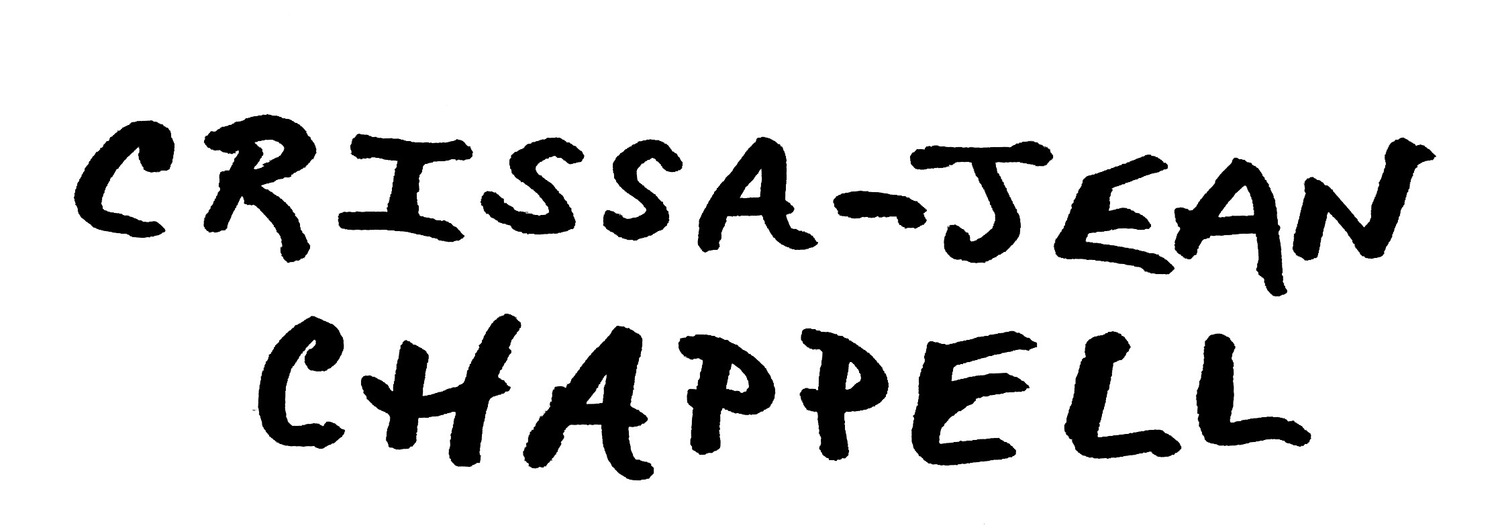When I was small, I lived in the library. I spent long Saturday afternoons at the Coral Reef branch, looking for books with a blue unicorn sticker (marked "fantasy") or planets ringed with stars ("science fiction"). In the children's room, we sang songs about Germs, the Invisible Dog, and learned how to make puppets out of paper bags. The auditorium screened all kinds of animated movies. I loved the hold-your-breath feeling when the lights blinked off--the feeling that something important was about to happen. I replayed my favorite scenes in my imagination. Often, I would beg the librarian for the books that inspired these films. They remain my favorite stories. Fiver, the outcast in Watership Down, is haunted by dreams of a better place. I remember the field, stained with blood, the fable of Creation, as told through the animals. Death is not as something to be feared, but an inevitable part of life.
In The Last Unicorn, familiar characters from legends and fairy tales are turned upside-down: a magician with no magic, a lonely king with no power, a maiden who lost her faith. The unicorn is a symbol of that existential road, the search that holds no promise of an answer.
The Dark Crystal follows a similar theme of self-discovery. Jen must leave the comfort and safety of his Ordinary World and venture into a dangerous place. The Hero's Journey, as explained by Joseph Campbell, is another way of describing a young person's transition into adulthood.
Years before Disney's animated movies began to resemble Broadway musicals... The Black Cauldron mesmerized me with its skeleton armies, a tyrannical Horned King, and a supernatural pig with long eyelashes. The film was chastised for its dark themes. As a child, I didn't understand the criticism. I had already read about Rubin and the axe in Where The Red Fern Grows. And how malaria struck the family in Little House on the Prairie. Fictional stories allow us to explore the world and all its darkness at a safe distance. The books and movies that embraced the darkness, rather than ignored it, were the stories that felt most true to me.
Last night I watched L'Illusionniste, a French film that reminds me of the animated stories of my childhood. The landscapes are rich with painterly details, and the scenes unfold without dialogue. There's a sense of beauty and wonder in everyday things--the same that the little girl possesses. This is the "real magic," that the adults are in danger of losing.
The author, Shannon Hale, recently said, "I write to my adult self and my younger self simultaneously." This quote reminds us to stay true to our voices. This is where you'll find the brave stories, the honest stories. That's why I admire my publisher, Flux and their catchphrase, "...where young adult is a point of view, not a reading level."
I want to write books for my younger self...and for the girls for climbed trees. Fell off bikes and skinned their knees. Caught lightning bugs and built forts in the backyard.
The girls who weren't afraid of the dark.
